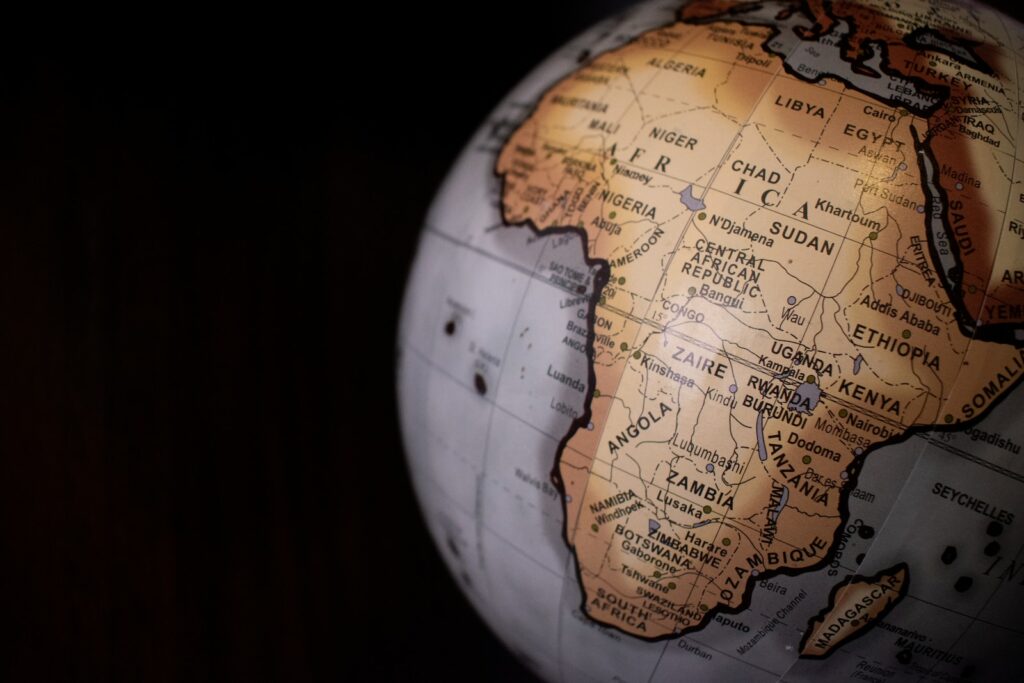
Competition to Electrify Africa
By
Branko Terzic
Current estimates are the 600 million people do not have access to electricity service. Many of these people are in the countries of sub-Saharan Africa. In those countries electricity is provided by state owned monopolies which have yet to figure out how to service the remote or rural communities. These state-owned enterprises are capital constrained and subject to unwieldy bureaucracy. Electricity services became universal in the developed countries by the middle of the twentieth century. It’s now the third decade of the twenty-first century and electrical services are still lacking. It’s time to try a different approach.
A different approach would be to allow local entrepreneurs to provide electricity service with open entry and exit conditions and unregulated prices. The only regularity requirements would be those protecting public safety by requiring technical and safety standards for equipment, operation, and installation.
In the USA electric utilities were established decades before the need for state central price regulation. The earliest electricity prices were established based on the prices of alternative energy sources and how the customer valued the new electric service. If electricity service was offered at too high a price, customers would not sign up. Even if the price of the new electricity was higher than that of town gas or kerosene, the predominate alternative fuels for lighting, the customer would willingly pay a higher price for the perceived higher value of electricity – to a point.
The electricity unserved African customer would have the same options. If the initial price offered by the entrepreneur for network electric service was too high, as perceived by the customer, then the customer would continue using whatever fuels had been serving them up to his point. Concerns about “bait and switch” could be covered by consumer protection laws or rules specifying that initial prices could not be adjusted for a year or longer or upon review by an
Automatic rate regulation could be imposed when an entrepreneur reached certain milestones such as a certain number of retail residential customers, a total number of pricing or service complaints, or a particular number of years of operation.
The advantages of this proposal are that currently unserved electricity customers would never be worse off than they are now -without service. The advantage would be that Africa’s unserved population would receive service a lot quicker than waiting for the incumbent utility to figure out how and when to provide service.
The Honorable Branko Terzic is a former Commissioner on the U.S. Federal Energy Regulatory Commission and State of Wisconsin Public Service Commission, in addition to energy industry experience was a US Army Reserve Foreign Area Officer ( FAO) for Eastern Europe (1979-1990). He hold a BS Engineering and honorary Doctor of Sciences in Engineering (h.c.) both from the University of Wisconsin- Milwaukee.
#BrankoTerzic #energy #regulations #experience #research #future #opportunity #strategy #management #people #electricity #power #utilities #renewables #RenewableEnergy #energysector #oilandgas #powergeneration #energyindustry #oilandgasindustry #sustainability #electricity #safety #africa #electrical
